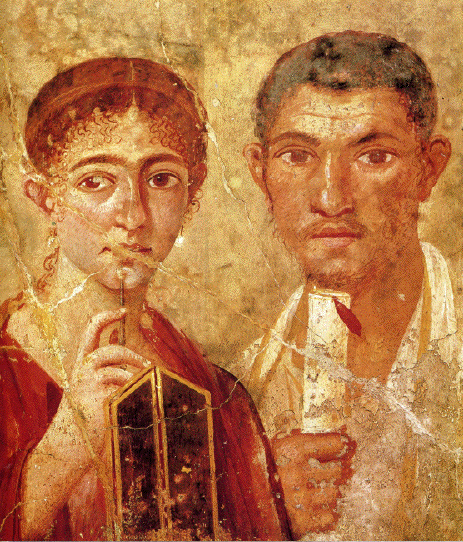Francesco
Regular Member
- Messages
- 303
- Reaction score
- 267
- Points
- 63
- Ethnic group
- Italian (tuscan)
I just noticed how, using the imperial romans as a source population and assuming the latter were a two way mix of italic+hellenistic levantine (rougly 45% italic and 55% levantine, which anyway is a model even Antonio et al 2019 and Posth et al 2021 advised against), the cumulative genetic ancestry of modern central italian derived from preceding Iron Age italic populations remains quite high, ranging between 50%-60%. If you exlude Langobards, it gets even higher (more than 70% in Tuscany).It is a very complicated calculation, for a number of reasons. Not least because the genetic profile of Imperial Rome already contains local Iron Age DNA as well as that of alleged newcomers from the eastern Mediterranean. If you use the model supported by geneticists, Local Iron Age + Imperial Rome + Langobards, cosidering that Imperial Rome already contains local Iron Age DNA, nearly 30-40 percent very roughly, look at all the work Jovialis has done over time, it turns out that the Iron Age DNA in modern samples is something between 30 and 40 percent, if instead you just use the two-way model (Local Iron Age + Imperial Rome), the local Iron Age inheritance in the modern populations exceeds 60 percent.
In no way should these models below be taken literally (the distances are off for many tagets). Also because the Greek presence in Italy could be a game changer. For convenience I am using the G25 right now but all the datasheet nomeclature has been changed and I find it very confusing now.


Of course, as Pax rightly pointed out, none of these models is to be taken seriously, expecially for the South, were the Greeks surely had a non negligible role.
Last edited:


